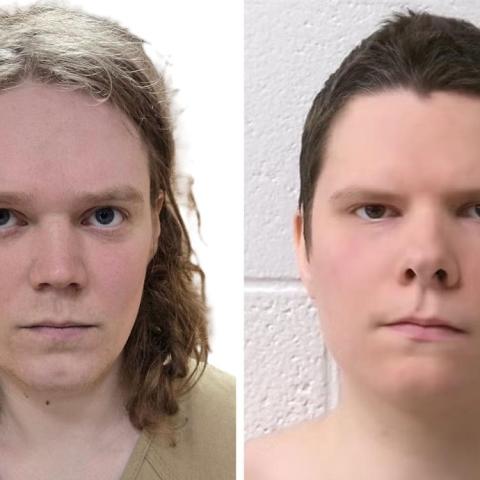On Sunday, the D.C. National Guard announced that its members may start carrying weapons while patrolling the city. This shift comes after a statement from Army Senior Master Sgt. Craig Clapper, who emphasized that armed Guard members will aim to support civil authorities and enhance community safety.
Earlier, the Army had declared that Guard members would not carry weapons or make arrests, seeking to minimize tensions during a period of heightened federal law enforcement presence in Washington. The goal was primarily to provide a visible deterrent against crime, rather than direct intervention.
This move reflects President Trump’s recent directive to increase security in D.C., with hundreds of federal law enforcement officers and National Guard troops deployed to the area. However, many have raised concerns about this escalation. Critics argue that such a military presence may lead to unnecessary confrontations, especially in a city that has seen a 26% drop in violent crime since last year.
Rosa Brooks, a former reserve officer and Georgetown Law professor, expressed her worries. She pointed out that having armed federal personnel in public spaces could desensitize citizens to an oppressive atmosphere. “It’s alarming for people to get used to armed personnel stopping them,” Brooks noted.
Supporters of Trump’s actions, including some Republican governors, argue that the security measures are effective. Since the beginning of the intensified efforts, over 300 arrests have been made, including many involving individuals illegally residing in the U.S. The White House has framed this as a success, highlighting that the administration is fulfilling its commitment to improving safety.
Reverend Ronald Bell Jr. spoke against this militarized approach during a sermon at the Asbury United Methodist Church, emphasizing the importance of community leaders guiding peaceful interactions with law enforcement. He referred to past experiences, hoping that lessons learned would aid in avoiding unnecessary confrontations.
Public reactions are mixed, with protests erupting against the police surge in the city, led by residents who feel overwhelmed by the federal government’s intervention. Mayor Muriel Bowser remarked that the city’s self-governance is under unprecedented pressure.
As this situation evolves, it serves as a reminder of the delicate balance between ensuring safety and respecting civil liberties. The presence of the National Guard may help deter crime, but it also raises fundamental questions about governance and authority in D.C. It’s essential to watch how this dynamic continues to unfold and what long-term implications it may have for the community.
For further insights, you can read more about the impacts of federal intervention on local governance in this report.






















